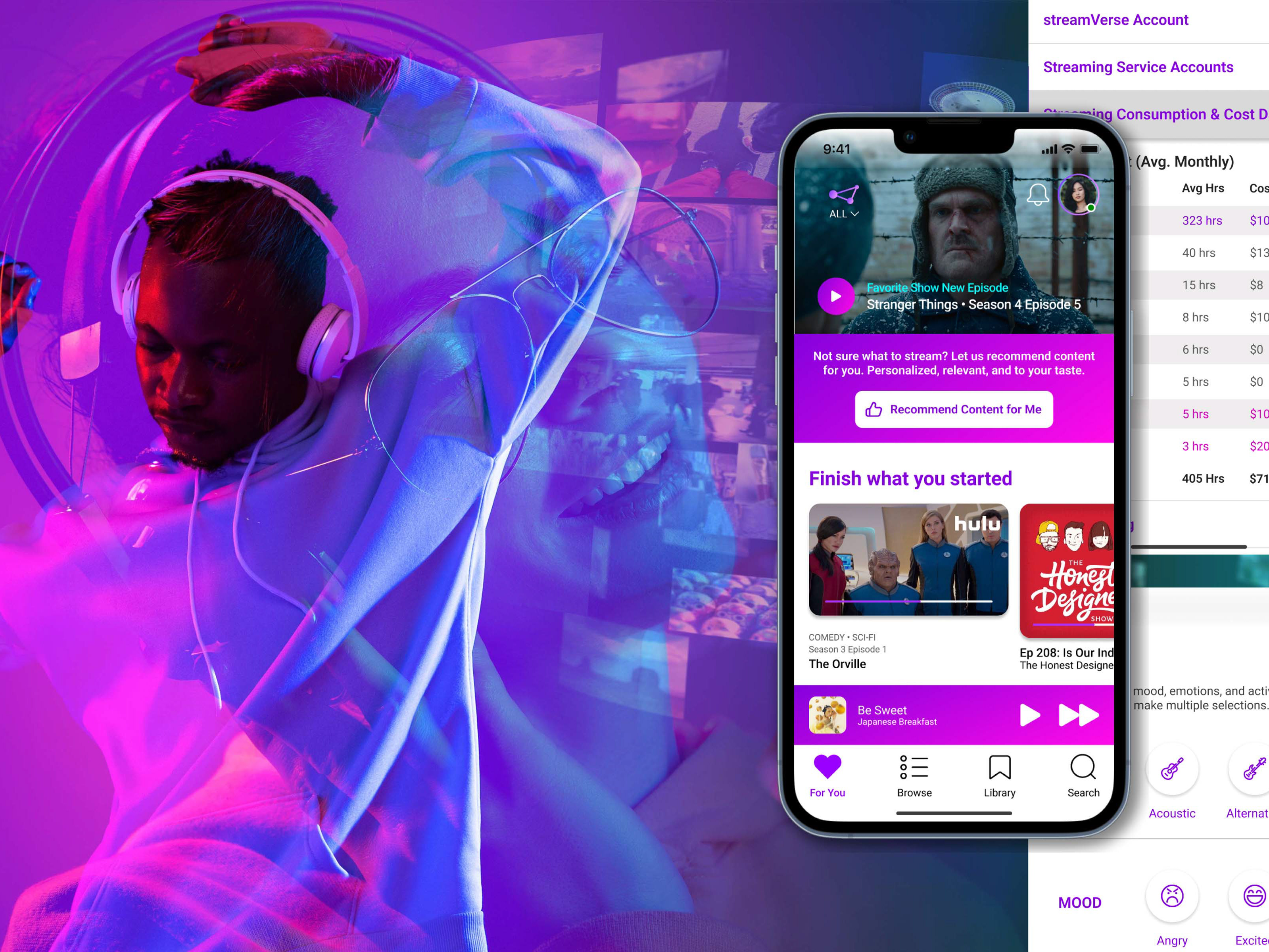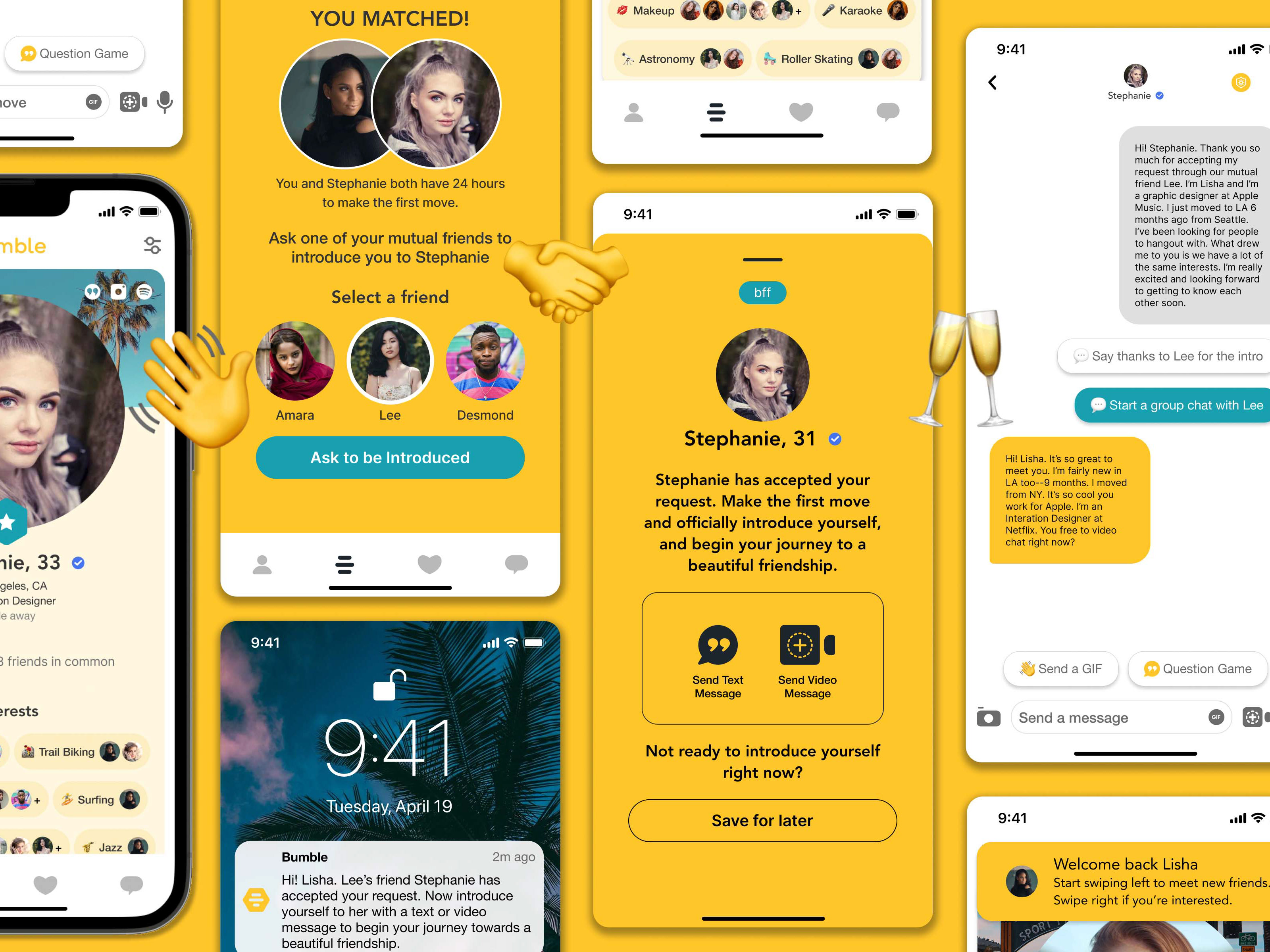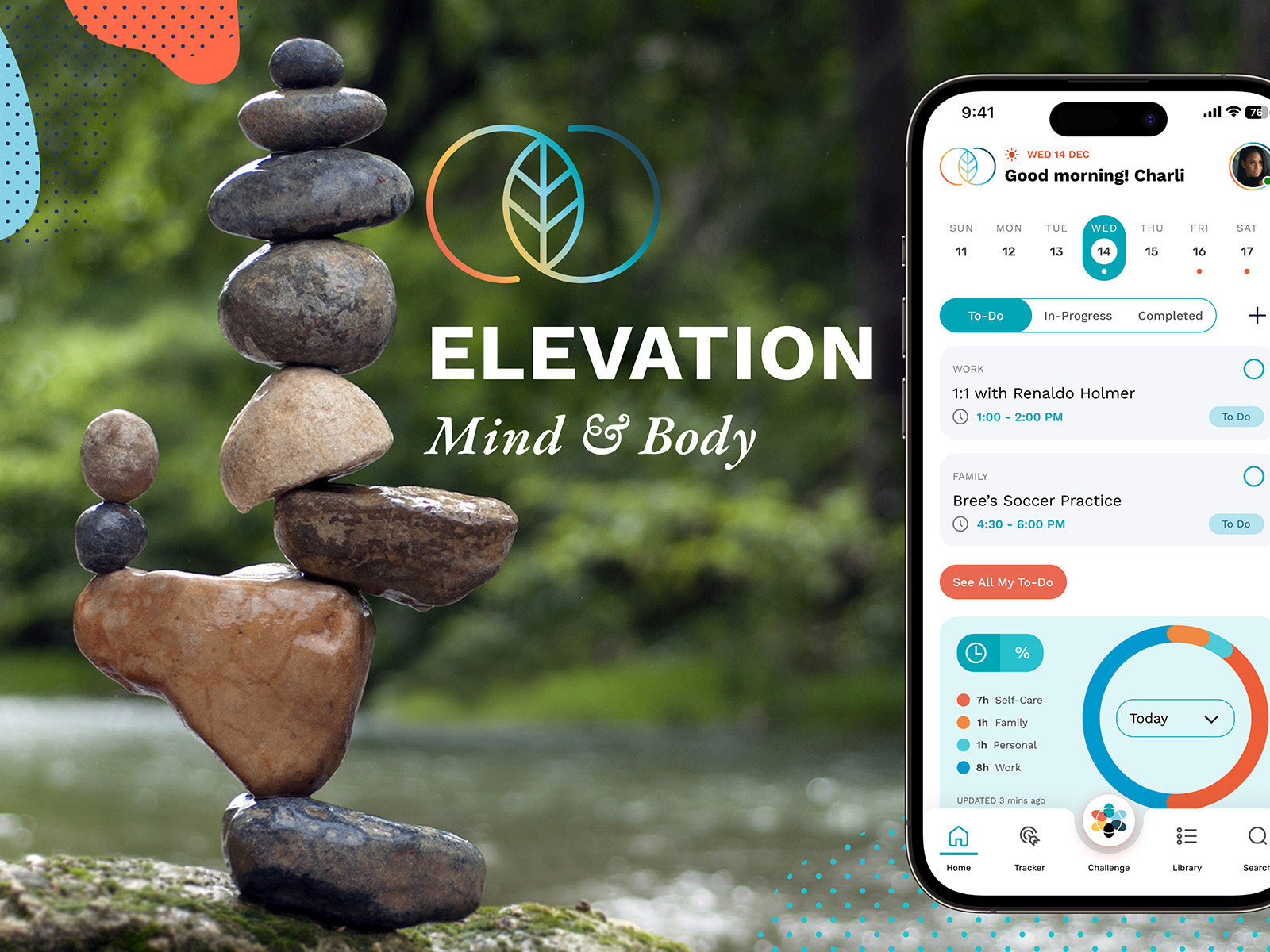One Small Step
[ RESEARCH / VISUAL & INTERACTION DESIGN / PROTOTYPING / USABILITY TESTING ]
Project Timeline: 17 Jan — 2 May 2023
Capstone for Maryland Institute College of Art (MICA), Master of Professional Studies in User Experience Design
The Problem
Major global-level problems such as climate, poverty, inequality, and more impact everyone.
Organizations and groups tackling those issues face many barriers to progress—politics, culture, corruption, etc.
Solving these problems is a shared responsibility that must be solved at the systemic and individual levels.
The lack of a people-driven platform means these critical problems are not addressed at the people level.
The Problem: A Shared Responsibility
Shared World + Shared Responsibilities + Shared Actions
Assumptions
Lack of knowledge/education
People care and want to be active
Not motivated, challenged, or inspired enough
Overwhelmed by the enormity of global issues
No singular platform that bridges resources & people
Hypothesis
"People who are educated about global issues and have access to resources to contribute to causes are more likely to be motivated to be actively involved in fighting climate change, poverty, inequality, and other global issues."
Research
Methods
Survey
Interview
The survey & interviews identified the following as global-level issues: Climate & Environment, Poverty, Inequality, Consumption Waste, Health & Well-being, Quality Education, Human Rights & Social Issues, and the Economy.
Two interviews over Zoom / 20 survey respondents
Awareness
94%
Have a level of knowledge and awareness of issues
Thoughts on Issues
71%
Addressing the issues are a shared responsibility—The government, corporations, and people.
94%
Agree that individuals have a responsibility and that their actions contribute to and impact issues.
53% think significant progress has been made in addressing global issues, while 47% disagree.
Top Personal Actions People Have Taken
✔ Responsible consumption, waste reduction
✔ Supporting sustainable products and companies
✔ Donation to causes
✔ Support local community orgs
✔ Advocacy for causes and policy changes
✔ Supporting sustainable products and companies
✔ Donation to causes
✔ Support local community orgs
✔ Advocacy for causes and policy changes
Top Barriers to Actions and Active Participation
☹ Lack of time, inconvenience
☹ Lack of accessible resources
☹ Overwhelming scale of issues
☹ Don’t know where/how to start
☹ Knowledge, education, skills
☹ Lack of motivation & inspiration
☹ Lack of accessible resources
☹ Overwhelming scale of issues
☹ Don’t know where/how to start
☹ Knowledge, education, skills
☹ Lack of motivation & inspiration
Who's Doing What for Change?
Key Findings
✔ Primary focused on climate, systemic level changes
✔ Well-funded corporate sponsorships
✔ High-profile support (celebrities, leaders)
✔ Take Action/Challenge features
✔ Global, local level platform
✔ Well-funded corporate sponsorships
✔ High-profile support (celebrities, leaders)
✔ Take Action/Challenge features
✔ Global, local level platform
An opportunity exist in between for One Small Step to establish partnerships and help connect not just the platform but our users as well.
Gaps and Opportunities for One Small Step
✔ Connecting people with organizations and groups
✔ Establish as a grassroots, people-driven platform
✔ Business partnerships! Access to sustainable products
✔ Expand "Actions and Challenges" with a rewards system
✔ Content partnership w/ trusted sources, academia, and more
✔ Establish as a grassroots, people-driven platform
✔ Business partnerships! Access to sustainable products
✔ Expand "Actions and Challenges" with a rewards system
✔ Content partnership w/ trusted sources, academia, and more
Users, Stakeholders, and Partners + Benefits
People who want to contribute to some of the world's most significant issues in their small ways will now have access to resources and connections.
People who are not active become more aware and educated about some of the most pressing issues facing our world and be empowered and inspired to make lifestyle changes and take a more active role.
Potential Partners and Stakeholders: Philanthropic organizations, NGOs, IGOs, Non-Profits, and Sustainability-Focused Small Businesses.
Organizations that work to solve some of the world’s biggest issues at the macro/systemic level will be connected to more people educated in supporting their mission, taking actions at the micro level.
Mindmapping the Solutions
With the insights I’ve gained through research, I did a mind mapping exercise to come up with solutions by breaking them into different areas of opportunities that ties back to barriers that people have faced in becoming more active.
One Small Step's Challenges
For the platform to be successful, we face challenges we must break through.
How might we make individuals feel empowered and motivated to take an active role in contributing to addressing and solving global level issues?
✔ Enable small, achievable, rewarding actions
✔ Gamifying the challenges
✔ Show the impact of people's positive actions
✔ Power of facts and storytelling
✔ Gamifying the challenges
✔ Show the impact of people's positive actions
✔ Power of facts and storytelling
✔ Tools, resources, connection w/ partners
Value Proposition
Sketching the Solutions
Sketching solutions was an important part of the design process as it enabled me to quickly generate and explore a wide range of ideas, iterate, and easily refine the design.
Low-Fidelity Design
In early-stage prototyping, I further explored and tested different ideas and concepts with low-fidelity designs. I quickly identified areas that needed further development or refinement, while also uncovering potential issues or opportunities that were not apparent in during the sketching phase.
Wireflow
This workflow enabled me to map the flow of screens and user interactions with the primary features of the app. Seeing the bigger picture helped me see gaps and redundancies enabling me to further refine and address issues in the flow before moving forward to a higher fidelity of design.
Defining the Focus and Scope
While I explored developing people-organizations connection and the marketplace, due to the lack of research in the area and the concept value has yet to be validated, I decided to move forward with the ideas—issues and solutions—with the most opportunities.
Focused Issues
Climate/Environment
Hunger & Poverty
Sustainable Consumption
Focused Solutions
Informing and Educating
Challenging and Motivating
Active Engagement
High-Fidelity Prototype
By narrowing the scope of the project to the chosen issues and focused solutions I then moved on to a higher-fidelity prototype.
Home
The homepage provides a quick overview of the five primary features of the app.
Challenge
The challenge feature enables people to do small, achievable, impactful, and rewarding challenges.
✔ Small challenges (e.g., recycling, reducing food and energy waste, volunteering)
✔ Gamified challenges—levels, rewards, progress, engagements, and achievements
✔ See the impact of your actions—reduced carbon footprint, water/energy saved, number of people fed, and more
Inform & Educate
Educate people with factual information and powerful storytelling.
✔ Stories—real people with real experiences and the impact issues had in their lives
✔ Facts—trusted and factual information from trusted sources
✔ Valuable resources like tips and tricks to saving on energy bills, and more
Active Engagement
Provide opportunities for people to be more active and engaged in helping solve some of the world's biggest problems.
✔ See and sign up for nearby events—beach cleanups, fundraisers, food banks
✔ Sign up for volunteer opportunities with partner local organizations
✔ Advocate for policy and change and actions through petitions—make your voices heard
Walkthrough of One Small Step mobile app
Usability Testing
3 participants / Moderated / Zoom
Goals
✔ Can users use the app? Identify usability issues and areas for improvements
✔ Understand user interaction and perception of features and functions
✔ Can users use the app? Identify usability issues and areas for improvements
✔ Validate if solutions meet user needs
✔ Feedback for future iterations
✔ Solve the challenge: Does it inspire, motivate, and challenge users?
Key Insights
✔ Seeing the impact of actions is more important than receiving rewards
✔ Infographic-driven content is much easier to read and understand
✔ Positive reception of seamless integration of key features such as marketplace, volunteering, etc., within content, challenges
✔ Positive reception of seamless integration of key features such as marketplace, volunteering, etc., within content, challenges
✔ Challenge tasks are small, easy, and educational; instruction helps with tasks but could be more fun
✔ Easy access to opportunities—events, volunteer
Key areas of improvement from feedback and observations
Minor UI & interaction improvements
Minor improvements, such as content copy, micro-interactions, and contrast on a few components
Improve challenge gamification
Improve gamification process—less sense of "job," more fun interactions and engagements
Nudging
Improve engagement and help people complete challenges through reminders and notifications, opportunities for partners to seek help (e.g. volunteers)
Future features based on feedback
One Small Step Community
Community of people with the same passion
Connecting with others through meetups, events
Sharing actions and inspiring others
Dedicated Impact of Action View
Reflect on actions and be more motivational
Easy access to view impact data
Track and improve on actions
Reflections
Project Challenges
✔ Project scoping
✔ Technical constraints
✔ Project planning and strategy
✔ Time management
Lessons Learned
✔ Better project management—including scope, time, and risk
✔ Rewarding experience—learned from peers, participants, and others' experience
✔ Invaluable feedback takeaways—opened more opportunities to increase the value of the project
Next Steps
✔ Expand research to a larger sample size and capture a wider demographic
✔ Explore and research gamification
✔ Understand and research motivation—what drives this human behavior?
✔ Research value and validate the viability of the platform to potential stakeholders and partners—develop connect and marketplace




